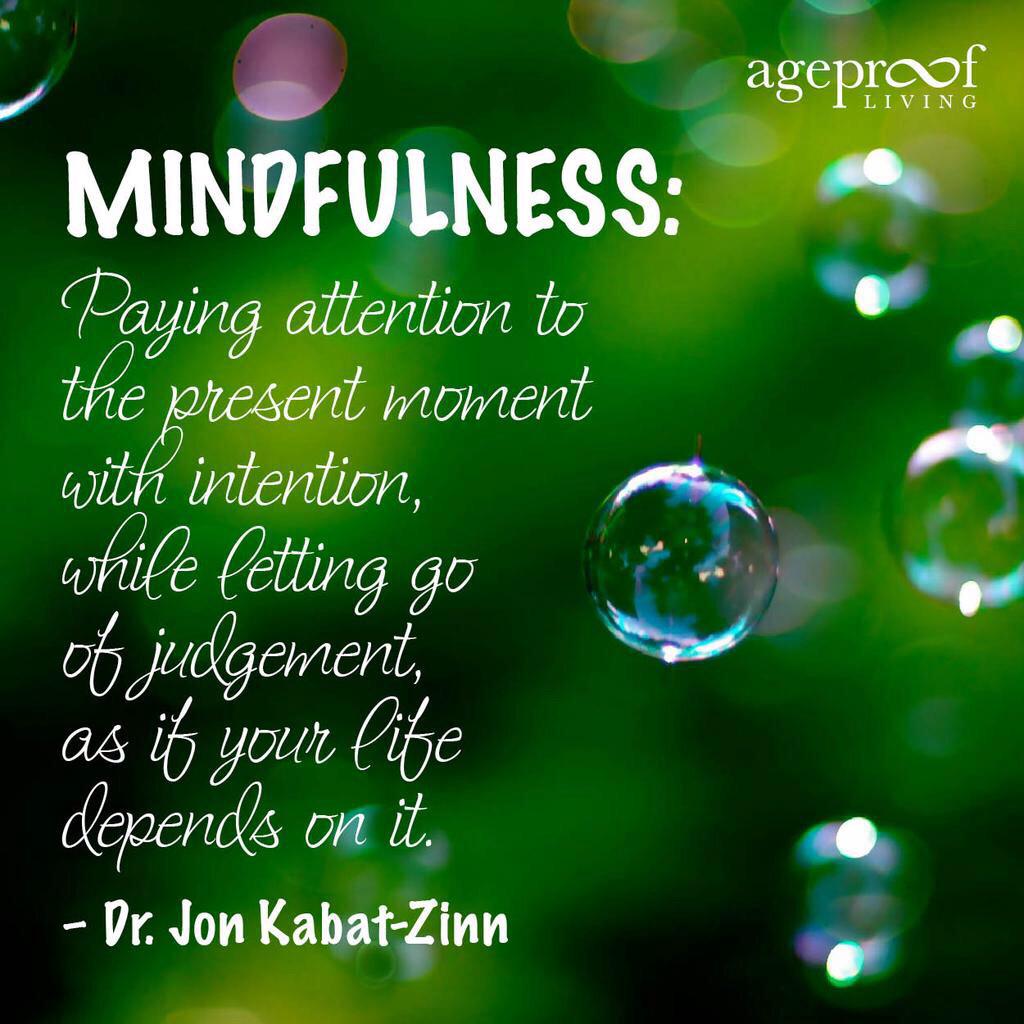patorick2010
Mr BPD
Guest Blog Post by Patrick (Me)
Posted on February 21, 2017
https://makebpdstigmafree.wordpress.com/2017/02/21/guest-blog-post-by-patrick/
What BPD is to me.
At my worst, I am careless, recklessness and impulsive. The consequences don’t matter, only the good times you’re enjoying. Until it’s over, you stop can reflect on what has happened and what damage has been done. Then the consequences of your impulsive reckless selfishness do matter and you feel terrible.
This is why you feel that you are understood, why you have such poor self-esteem and are sensitive to even the most constructive of criticisms. You have all the knowledge about your condition and the effect it has on you, but all you want is to be validated. Someone to say that can see all the good things you do, portray you in a positive light and make you feel good about yourself again.
That can only go on for so long, eventually it wears off and you are left alone with your fluctuating moods. You are irritable, the world is unfair, the people you like don’t give you enough of the things you want from them and the only rational response you can come up with is self-harming. That will get me the things I want, I can manipulate people into loving me more and caring for me more that way.
But that is just the excuses and dysfunction that BPD comes with. We have to be aware of why our relationships are so intense and try to better understand our feelings towards ourselves and other people.
Managing your responses and behavior is incredibly tough, especially when you are feeling tired and vulnerable, but you have be mindful about the stress that you are dealing with and have ways to remove yourself from uncomfortable situations.
You can learn to cope with BPD. You pick up so much about compassion and empathy in observing how other people around you survive.
No matter how perfect someone may seem to be to you, you can’t live your life through them. You have to learn to validate and feel yourself, not rely on nice caring sensitive people to do it for you.
My name is Patrick Flynn. I am 33 years old. I have BPD. My aim is to share my experiences positive and negative as much as possible, to raise awareness about BPD in my community and mental health issues in general.
By encouraging others to get help and support, to better understand people with BPD and how to cope with it as quickly and effectively as possible.
I just want to do what I can to help, if you have BPD or know someone who does, please ask me anything. You can overcome it.
Later,
Pat.
http://stores.ebay.com.au/patorick
[email protected]
Posted on February 21, 2017
https://makebpdstigmafree.wordpress.com/2017/02/21/guest-blog-post-by-patrick/
What BPD is to me.
At my worst, I am careless, recklessness and impulsive. The consequences don’t matter, only the good times you’re enjoying. Until it’s over, you stop can reflect on what has happened and what damage has been done. Then the consequences of your impulsive reckless selfishness do matter and you feel terrible.
This is why you feel that you are understood, why you have such poor self-esteem and are sensitive to even the most constructive of criticisms. You have all the knowledge about your condition and the effect it has on you, but all you want is to be validated. Someone to say that can see all the good things you do, portray you in a positive light and make you feel good about yourself again.
That can only go on for so long, eventually it wears off and you are left alone with your fluctuating moods. You are irritable, the world is unfair, the people you like don’t give you enough of the things you want from them and the only rational response you can come up with is self-harming. That will get me the things I want, I can manipulate people into loving me more and caring for me more that way.
But that is just the excuses and dysfunction that BPD comes with. We have to be aware of why our relationships are so intense and try to better understand our feelings towards ourselves and other people.
Managing your responses and behavior is incredibly tough, especially when you are feeling tired and vulnerable, but you have be mindful about the stress that you are dealing with and have ways to remove yourself from uncomfortable situations.
You can learn to cope with BPD. You pick up so much about compassion and empathy in observing how other people around you survive.
No matter how perfect someone may seem to be to you, you can’t live your life through them. You have to learn to validate and feel yourself, not rely on nice caring sensitive people to do it for you.
My name is Patrick Flynn. I am 33 years old. I have BPD. My aim is to share my experiences positive and negative as much as possible, to raise awareness about BPD in my community and mental health issues in general.
By encouraging others to get help and support, to better understand people with BPD and how to cope with it as quickly and effectively as possible.
I just want to do what I can to help, if you have BPD or know someone who does, please ask me anything. You can overcome it.
Later,
Pat.
http://stores.ebay.com.au/patorick
[email protected]






